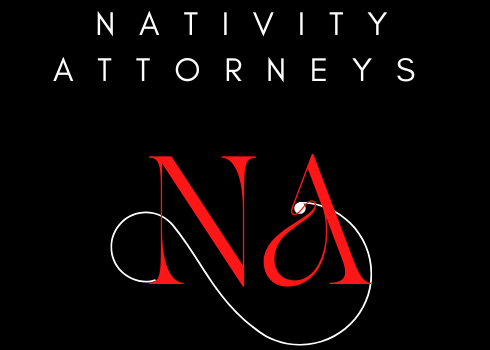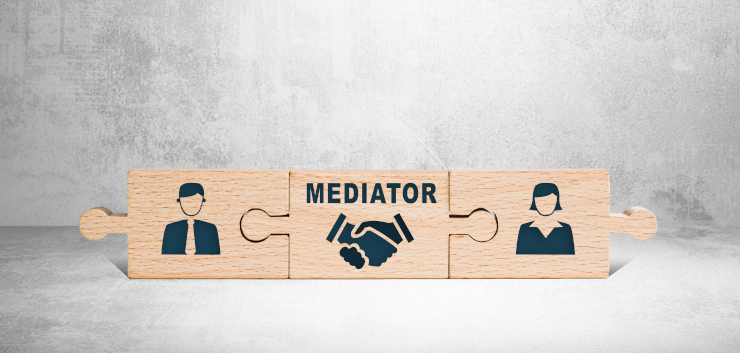Disagreements are inevitable in human relationships and these, in most cases, usually degenerate into disputes or conflicts. When disputes arise it is always very important to resolve them amicably especially at early detection, otherwise, it may result in a far worse situation thereby leading to crisis. Disputes can emanate from business transactions (either simple contracts or large commercial transactions), marital relationships, tenancy agreements, violation of a person’s rights. Whatever the dispute, identifying the appropriate dispute resolution mechanism is crucial and a step in the right direction.
There are various mechanisms through which conflicts can be resolved. Some common examples are litigation, mediation, arbitration, conciliation, negotiation, early neutral evaluation and hybrid processes. However, this short article is focused on mediation.
What Is Mediation?
Mediation is a process by which a neutral third party assists two or more people to address issues in conflict in order to help them arrive at an amicable resolution of their disputes. This neutral third party is called a Mediator. Parties have an opportunity to resolve the issues giving rise to the conflict outside the formal court system. All the Mediator does is to facilitate the process and sometimes evaluate the documents shared during the session but he or she cannot impose any sanctions on the parties or give judgement against them.
Benefits of Mediation
Choosing Mediation as a means of resolving disputes has many advantages.
Flexibility:
It is tailored to suit the needs of the parties especially as it concerns their time. Parties can actually agree on the time and venue that works for them. Since the pandemic, many mediation sessions are now being held online. Thus, from the comfort of their homes and offices, parties can have their disputes resolved amicably.
Party Driven:
The parties are in total control of the outcome of the process. The terms of settlement are drafted based on the decisions made by the parties themselves. Whereas in a litigation suit, the attorneys do most of the talking. Therefore, unless you can take the stand during trial, your voice will not be heard.
Saves Cost: It is a cost effective and less adversarial alternative approach to litigation. The cost of resolving disputes through litigation is higher when juxtaposed beside mediation. Moreover, punitive damages are awarded in litigation suits which involve additional costs but this is not the case with mediation.
Saves Time
This is a major advantage which mediation has over litigation. Matters are resolved speedily.
Voluntary
The process is voluntary in nature, no coercion. No one can be compelled or summoned to attend mediation proceedings unlike what is obtainable in litigation where a party who refuses to attend court sittings can be subpoenaed (compelled by the judge to appear in court.)
Confidentiality:
It is an extremely important element in the mediation process. In fact, confidentiality is the bedrock of mediation because it facilitates disclosure. Parties are willing to open if they can trust the process. This is where the mediator’s role becomes very important. The entire process is hinged upon confidentiality because whatever is discussed or documents shared during the session cannot be revealed or used against either of the parties or Mediator.This is why parties and the Mediator usually sign the Confidentiality Documents before the session commences.
No Contest: Once the entire mediation process has been concluded, no party can contest the outcome especially after the Terms of Settlement have been duly signed by the parties and duly registered in court. This is one very unique thing about Mediation.
Preserves Existing Relationships: One of the end goals of Mediation is to restore the relationship which existed between parties prior to the dispute. Mediation opens the lines of communication between parties and identifies the real issues underlying the conflict. It is more cooperative and collaborative and makes the outcome mutually satisfactory. Hence, mediation is described as a win-win.
The opinions expressed here are solely those of the author. The article is mainly for informational purposes only, and does not constitute legal advice. If you require legal advice or for further details, you can reach out via email: nathalia.odidika@gmail.com; nativityattorneys@gmail.com or call/whatsapp: +234 802 648 9088

